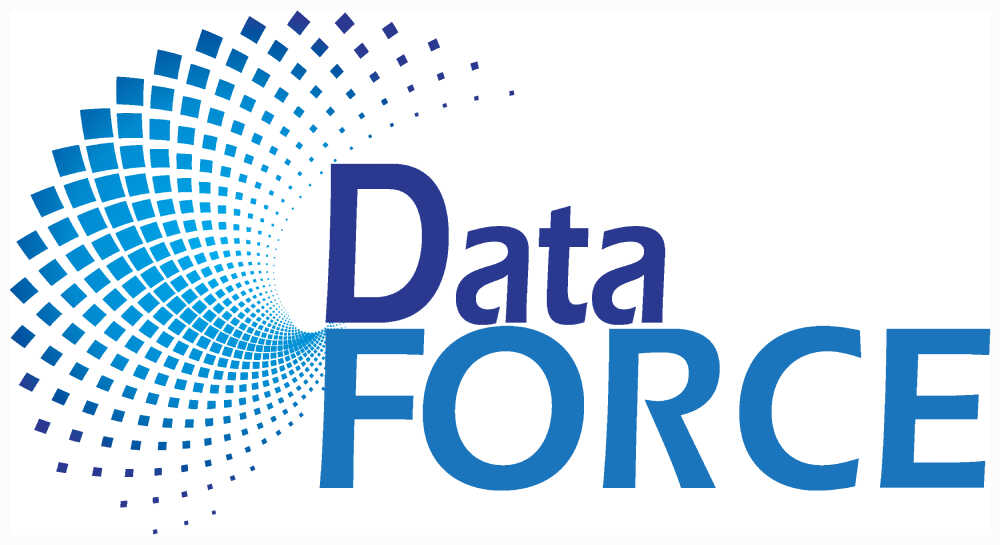
So why would someone participate in your research? What do people hope to gain in return for spending their valuable time and effort responding to your survey? These are vital questions you need to answer before you send out your mail survey. Focusing on your target respondents is essential to attain your desired response rate. In this guide, we’ll review the five main reasons people take the time to respond to a survey.
Self-Perception
Voice Opinion
Obligation
Need to Help
Incentives
1. Self-perception

People answer surveys because they want to understand themselves further. Surveys can help people observe their behavior and determine the attitude that might have caused it.
For example, if someone receives a survey on why people procrastinate. Advising how the study will contribute to learning about their thinking or internal process might be the main reason a participant will answer your survey. In these instances, offering to share the result may help to increase response rates.
2. Voice Opinion

Surveys are a chance to have one’s opinions heard. Just like commenting on social media, writing blog posts, or joining a debate, people make time because the topic is engaging. An interesting topic can be something that the participant is quite familiar with, like a field of work expertise or a hobby. Target participants are more likely to answer your survey if you advise them from the start what makes your survey interesting and how it is connected to them. Similarly, people want to answer surveys if the results will affect their way of living.
For example, if a school wants to add new programs to the curriculum to develop students’ skills, parents and students would like to have some influence on the kinds of programs that will be made available. It would be best to emphasize the importance of a survey on a decision-making process in the introduction of the survey.
3. Obligation

Some people answer surveys simply because it is mandatory. The topic may also be relevant or interesting to a person, but the main reason that they answer the survey is that it is required.
For example, a survey a person needs to do for work or a course evaluation. If this is the case, in the survey introduction, highlight the organization mandating the survey, the reason the survey is obligatory, and the consequence if it isn’t done.
4. Need to Help

A person may answer survey questions because they want to be helpful. If they have a self-perception of being helpful, not responding to a plea of help, especially a survey with a cause, might result in a state of dissonance. This is most effective when the target participant has a close association with the person or organization conducting the survey.
For example, some people answer surveys just because the surveyor is a friend. This does not mean that the results are irrelevant, simply that if it came from a random stranger the participant would have been less likely to have paid notice to the survey. This is one good reason to personalize cover letters and introductions. People are more engaged when they feel a connection to the person or company asking for help.
5. Incentives
 Offering a reward such as money, gift card, or raffle item is a strong motivator for plenty of people. Surveys can be time-consuming. Time is precious; therefore, it should be compensated accordingly. Money, promotional items, charitable donations, and raffles are the top incentives that are proven to work and reach target response rates of more than 40%.
Offering a reward such as money, gift card, or raffle item is a strong motivator for plenty of people. Surveys can be time-consuming. Time is precious; therefore, it should be compensated accordingly. Money, promotional items, charitable donations, and raffles are the top incentives that are proven to work and reach target response rates of more than 40%.
Money – This should come as little surprise. Monetary incentives include cash, checks, PayPal credits, money orders, gift cards, and coupons.
Promotional Item- Product and service samples are also a big hit with respondents. For them to work, however, you must know your audience. Offer something that you know they will enjoy.
Charitable Donations- Charitable donations appeal to social and environmental consciousness. The stronger the emotional connection to the cause, the better your response rate will be, and the more likely respondents will see you in a favorable light.
Raffle- Using a raffle gives your respondents an equal and random chance to win a valuable prize, as opposed to a contest based on merit. They complete the survey and return within a given timeframe, and they are automatically entered to win.
The use of incentives has resulted in response rate increases on 28 out of 30 experiments that were published in the meta-analysis review of techniques. (Fox, R.J., & Crask, M.R., & Kim, J. (1988). Mail Survey Response Rate. Public Opinion Quarterly, 52, 477-478) As suggested by Don Dillman (Dillman as cited in Fox, R.J., & Crask, M.R., & Kim, J. (1988). Mail Survey Response Rate. Public Opinion Quarterly, 52, 477) aside from the direct monetary value, this approach also helps to establish trust with your participants.
If you want to learn more about incentives, check our post on 3 Survey Incentives to Explode your Response Rate
Focusing on your target respondents might just be the approach that allows you to gather the survey results you need. Understand the 5 reasons people answer surveys and create a survey introduction that is a tailored fit for your respondents. And if you need a data collection expert for support, DataForce is the best partner for you. DataForce can streamline your entire research effort with end-to-end planning, printing, mailing, fulfillment, data collection, and analytics – all done in-house. Contact us now!
